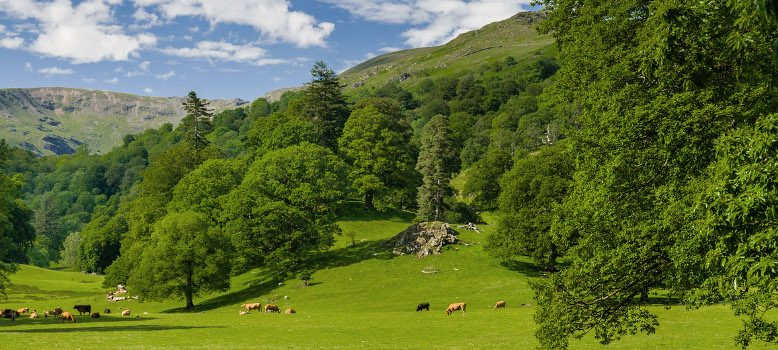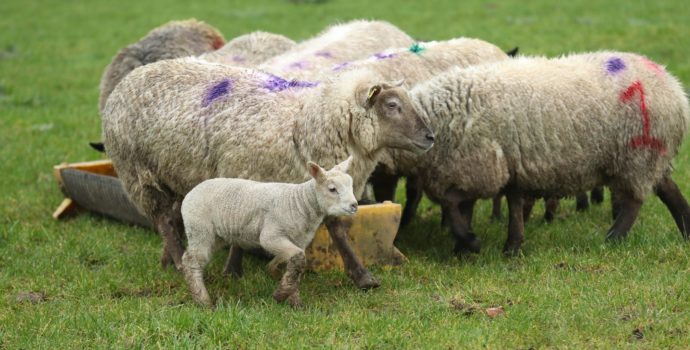Epa’s Greenhouse Gas Figures Highlight Need for Climate Activation Programme

IFA Environment Chairman Thomas Cooney has renewed the Association’s call on Government to introduce further measures to avoid climate fines and reduce Ireland’s greenhouse gas emissions.
Speaking at the launch today of the latest climate figures by the EPA, he said, “It is now clearer than ever that the bad climate deal done by former Environment Minister and Green Party Leader John Gormley will result in Ireland having to pay millions of Euro of fines for breaching its renewable-energy and climate obligations.”
However, he said, the money should be re-directed and diverted into a climate activation programme, focused on the following areas:
- The announcement of a biomass development programme, which would displace electricity generated from peat and coal. This would eliminate 64% of greenhouse gasses created when generating electricity.
- The re-opening of the Green Low Carbon Agri-Environment Scheme. This would reduce greenhouse gas emissions by an additional 65,000 tonnes each year.
- The announcement of a zero carbon electricity tariff for community based renewable projects. This should be used over time to displace electricity production from gas, which accounts for 35% of greenhouse gasses emitted when generating electricity. This is part of IFA’s recent call for a €100m prosumer strategy, which ring-fences 20% of the PSO levy paid by homeowners to encourage homeowners and farm families to replace their fossil fuels with renewables sources, such as roof-top solar and micro energy.
- The scaling up of on-farm emission reduction programmes identified in the National Mitigation Plan, such as Smart Farming, Origin Green and the Carbon Navigator.
- A full review by the Department of Agriculture’s Forest Services division of the new forestry programme and a commitment to remove all barriers, as planting is down 14% year on year.
Concluding, Thomas Cooney said, “Agriculture remains the largest contributor to greenhouse gas emissions in Ireland, reflecting the importance of the sector to the national economy, with over 300,000 employed directly and indirectly in Ireland’s largest indigenous sector. However, we produce our food sustainably and know we can do more. A climate activation programme for rural Ireland, which includes the five measures proposed, has the potential to develop a diversification of enterprises and re-energisation the rural economy.”




